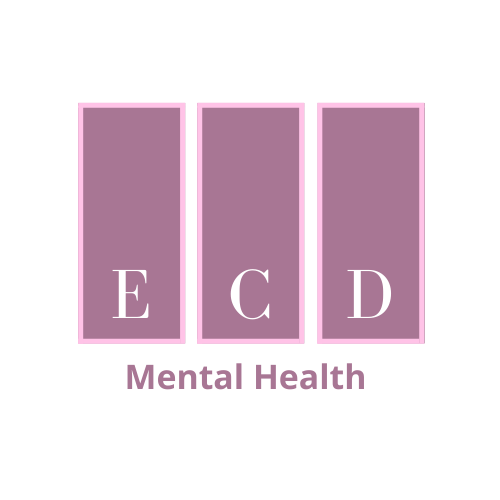What’s In Your Mental Health Toolkit?
A mental health toolkit is a compilation of activities and resources that you have previously used or could potentially use to support your mental health when you are struggling. These tools encompass various activities and resources designed to promote mental well-being.
You can create a tangible container, such as a decorated box or even a shoebox, to store your tools, or designate a specific area where they can be easily accessed when needed.
A well-equipped emotional toolkit can aid in managing stress, anxiety, and other challenging emotions, allowing you to process your feelings healthily. By reflecting on your growth and building self-confidence, you can foster a more peaceful day-to-day experience and navigate difficult days with greater ease.
Physical Activities:
Take a nature walk outdoors.
Engage in exercise or stretching.
Rest through napping to benefit both your physical and mental health.
Enjoy a warm bath while paying attention to areas of bodily tension.
Mental and Emotional Activities:
Schedule a therapy appointment or attend your prearranged session.
Journal to release and reflect on your emotions, creating a safe space to vent frustrations or fears.
Meditate to cultivate mindfulness, which can help reduce stress levels.
Practice breathing exercises to regulate your nervous system and control your breathing and heart rate.
Speak with a trusted loved one for social support and to feel valued and appreciated.
Use essential oils or light your favorite candle.
Creative Activities:
Listen to music by curating a relaxing playlist.
Engage in arts and crafts to express your emotions visually when words are insufficient. Drawing or using coloring books can be therapeutic, regardless of your artistic abilities.
Create and display positive affirmations around your space or store them in your toolkit for when they're needed.
Read an engaging book or listen to an audiobook to escape your current reality and alleviate stress.
Consider adding more tools and incorporating mood-tracking worksheets to monitor your daily habits. This will help establish healthier coping mechanisms for life's ups and downs. While a mental health toolkit may not provide an instant solution or work every time, it can help alleviate the burden of difficult days. It is important to seek mental health services and/or contact crisis hotlines for additional support when needed. Remember that therapy can be beneficial to anyone, not just those struggling with mental health conditions.
